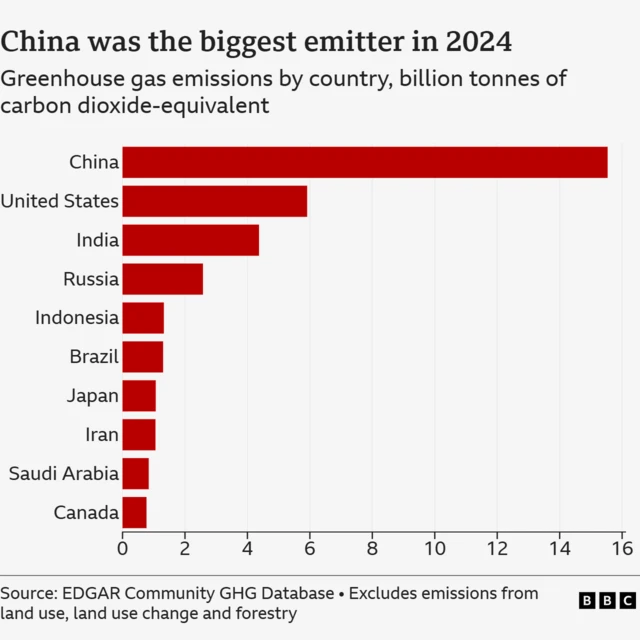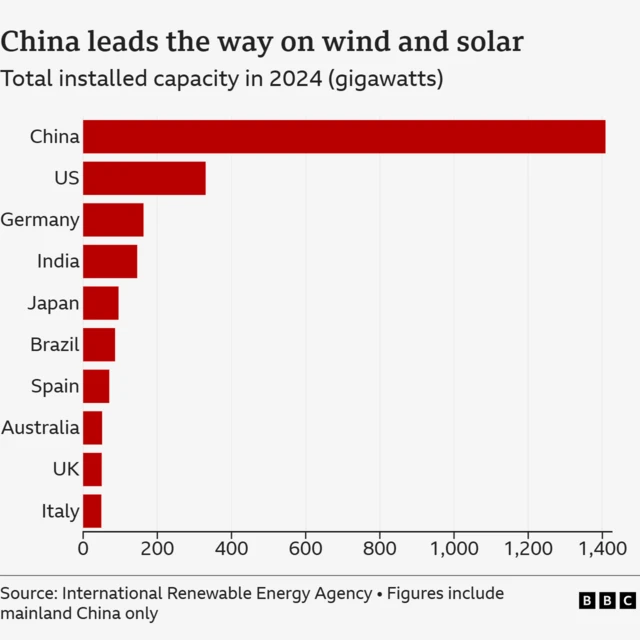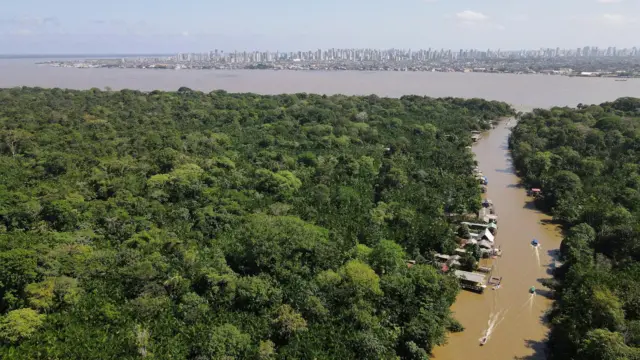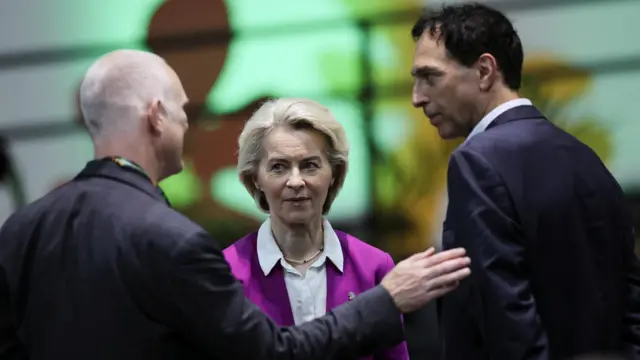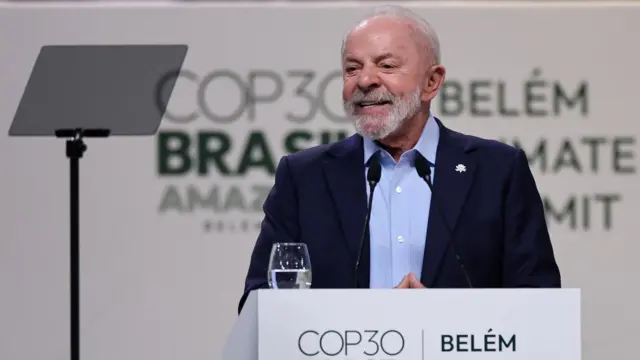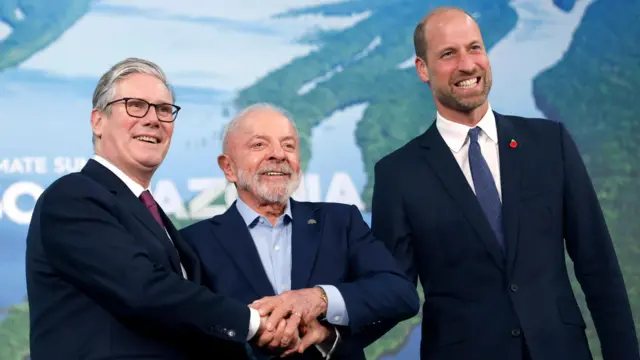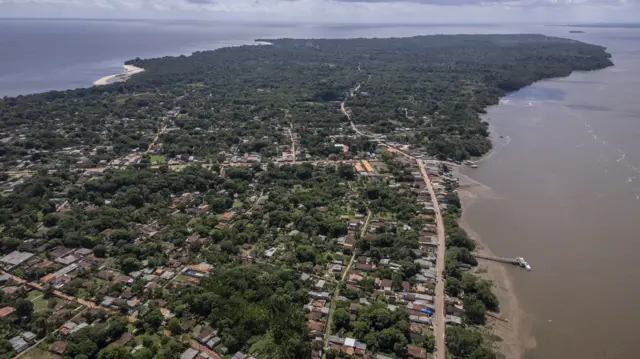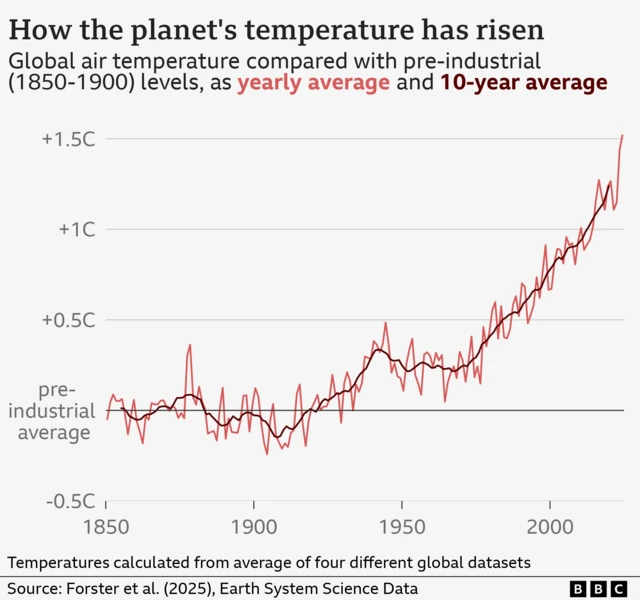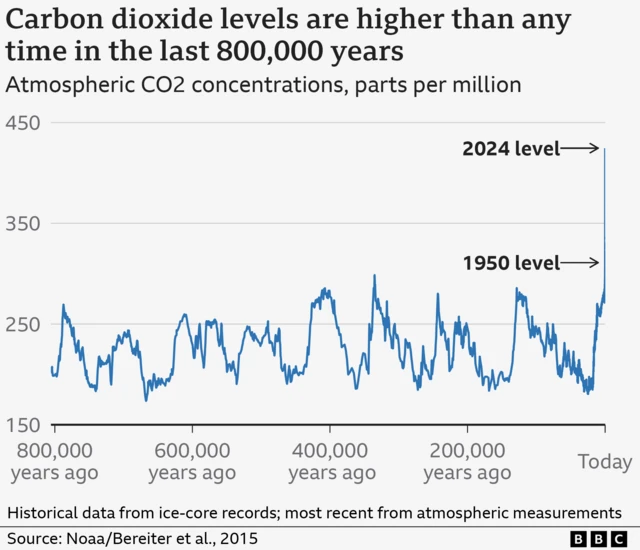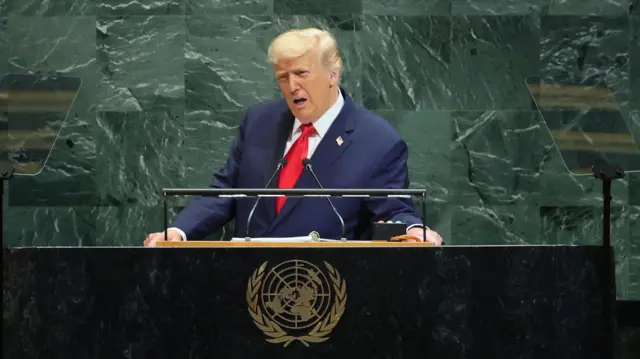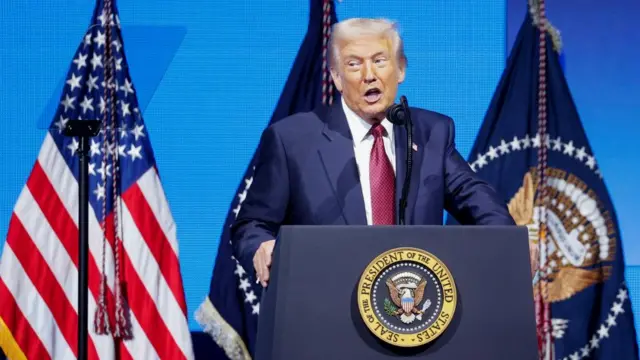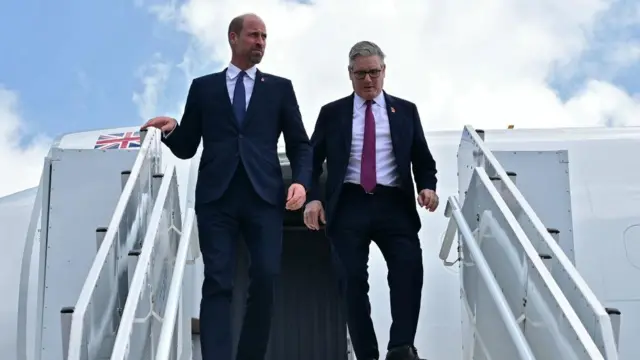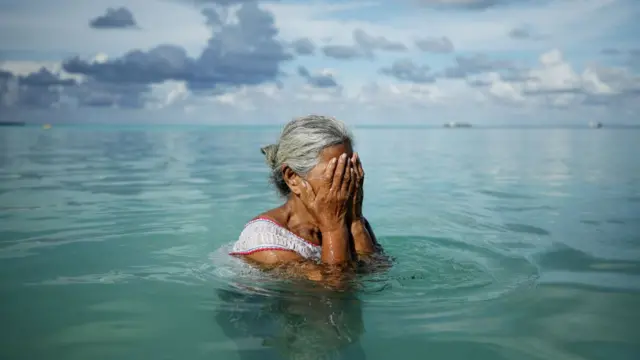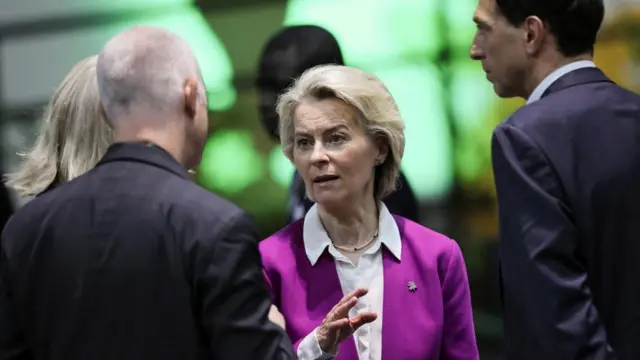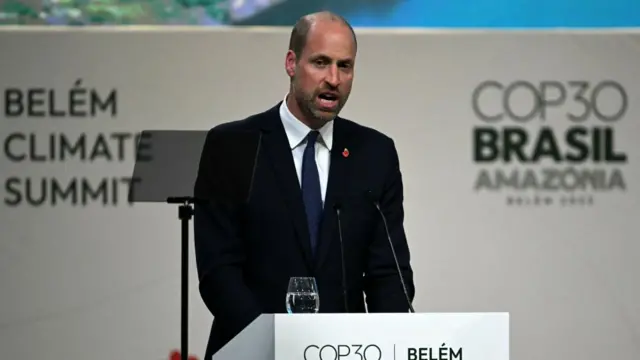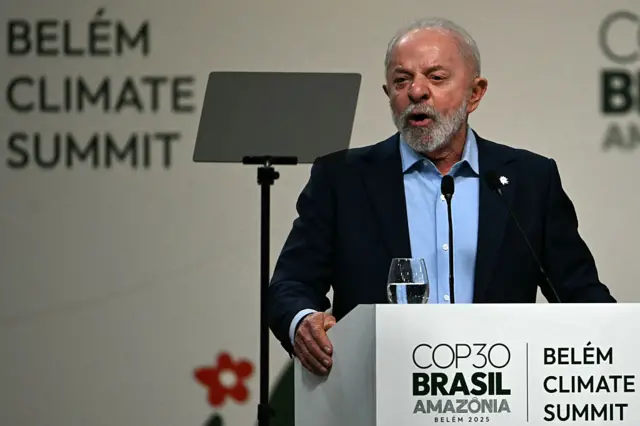Climate talks strike mixed tone, as UN warns 1.5C limit 'virtually impossible' to achievepublished at 18:27 GMT 6 November
 Elliot Burrin
Elliot Burrin
Live reporter
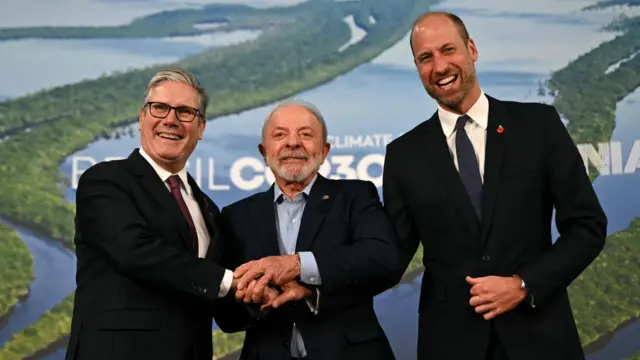 Image source, PA
Image source, PAPrime Minister Keir Starmer and Prince William shake hands with Brazilian President Luiz Inácio Lula da Silva
Today's summit of world leaders has made one thing clear - there is a lot of frustration and concern about the direction climate change is heading.
The UN says it's now "virtually impossible" to stick to the international target of limiting global warming to 1.5C above pre-industrial levels.
And, 2025 is set to be one of the hottest years on record.
UK Prime Minister Keir Starmer warned that the "consensus is gone" on fighting climate change, but that the UK was still "all in". Prince William called for "urgent optimism" and unity between nations.
China - the world's biggest emitter of greenhouse gases - urged world leaders to "strengthen international collaboration".
Meanwhile, despite him not being present at the conference, multiple countries' leaders have taken aim at US President Donald Trump, accusing him of telling lies and working against human kind.
We're now ending our live coverage, but you can keep up to date with all the latest updates in our news story.
And, stay tuned across the BBC, as Monday will see the start of two weeks of discussion at COP30 in Belém, Brazil.

